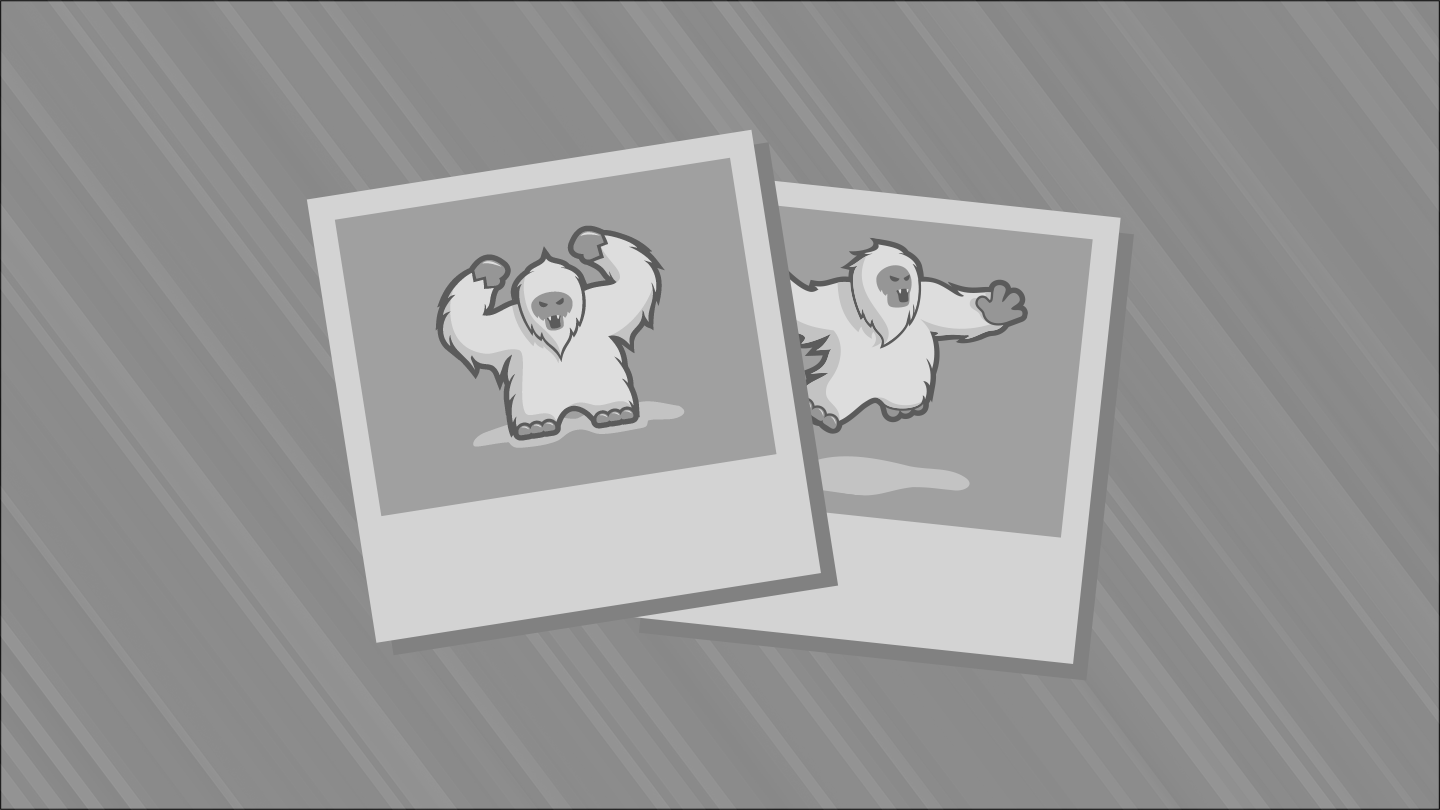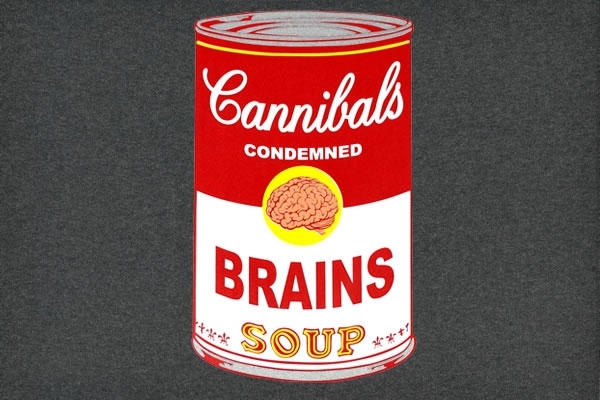The humble beginnings of Mark Cuban – billionaire owner of the
NBA’s Dallas Mavericks – and how he stumbled into the Texas town 33 years ago
flat-broke, sleeping on a beer-stained floor in an apartment with five other
guys recently came out.
It’s a nice read that chronicles his rise and how his roommates
ultimately fared. Though none would
reach the heights that Cuban is experiencing, they’d pretty much gone through
some share of success. One story that
stood out was that of Greg Schipper’s.
Through the years, Cuban would ask Schipper to join him in his
ventures to be his “detail” man, but, he’d continually decline and eventually
went on to put up his own digital marketing business.
Schipper, of course, would have gone on to
become a billionaire himself had he stuck around but it’s his outlook that
fuels our story. From the piece:
Does Schipper regret not taking one of Cuban’s job offers?
“I’d lived with Mark and knew what he was like,” Schipper says
with a laugh. “Even though I knew never to bet against him, it wasn’t the right
career path for me.
“Would I have a G5 (a business jet) now? Maybe. Would I be any
happier? I don’t think so. I couldn’t be any happier with my life.”
 |
| Mark Cuban and Greg Schipper on the right. Photo courtesy of Mark Cuban |
It’s a story that allows me to share a little game I play
called “Intersections.” It’s inspired by
Steve Jobs’ connecting the dots backwards and I
imagine what things would be like had my life gone a certain way.
Jobs' full quote on that is this: "You can't connect the dots looking forward; you can only connect them looking backward. So you have to trust that the dots will somehow connect in your future. You have to trust in something — your gut, destiny, life, karma, whatever. This approach has never let me down, and it has made all the difference in my life."
I figure we’re shaped by these three factors: Environment, experience and
relationships. You’ve heard my story: Had the plane I was flying in
from New York when I was a baby crashed on an island of cannibals, I’d be,
well, find you appetizing right about now.
The questions are endless:
If I hadn’t married the wife I have now, who’d I be? What kind of human would you be, had you not
taken that trip that fateful night?
In the end, I’m grateful for the path I’m on. It’s the route that has taken me to be who I
am now.
"Would I be any happier? I don’t
think so. I couldn’t be any happier with
my life.”
Had that plane crashed on Onassis’ island, instead, and I’d
have grown up to be a jet-setting playboy billionaire and never would have had
the need to write things like this?
Well, then, I’d be one sad baby.





.jpg)


